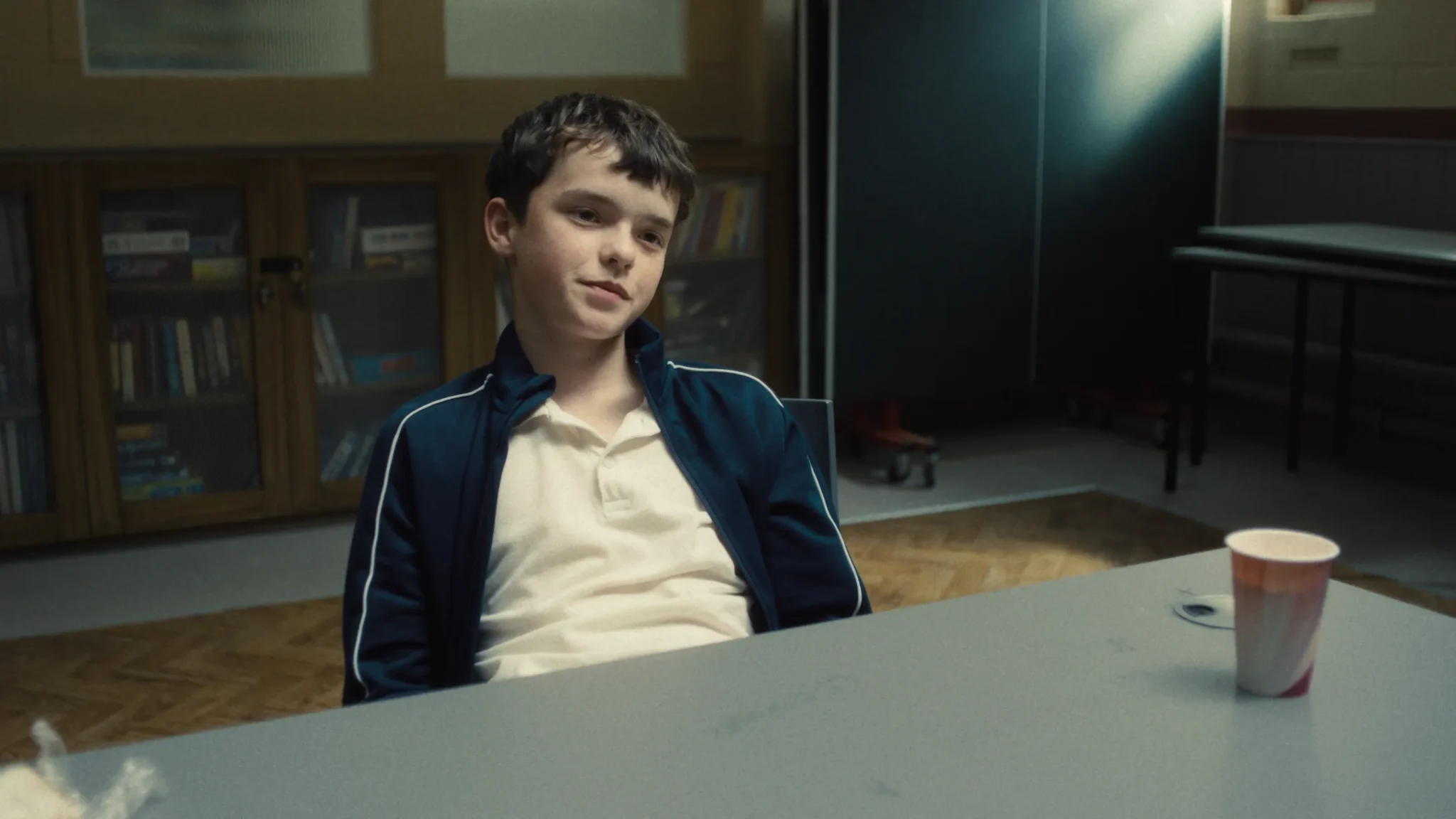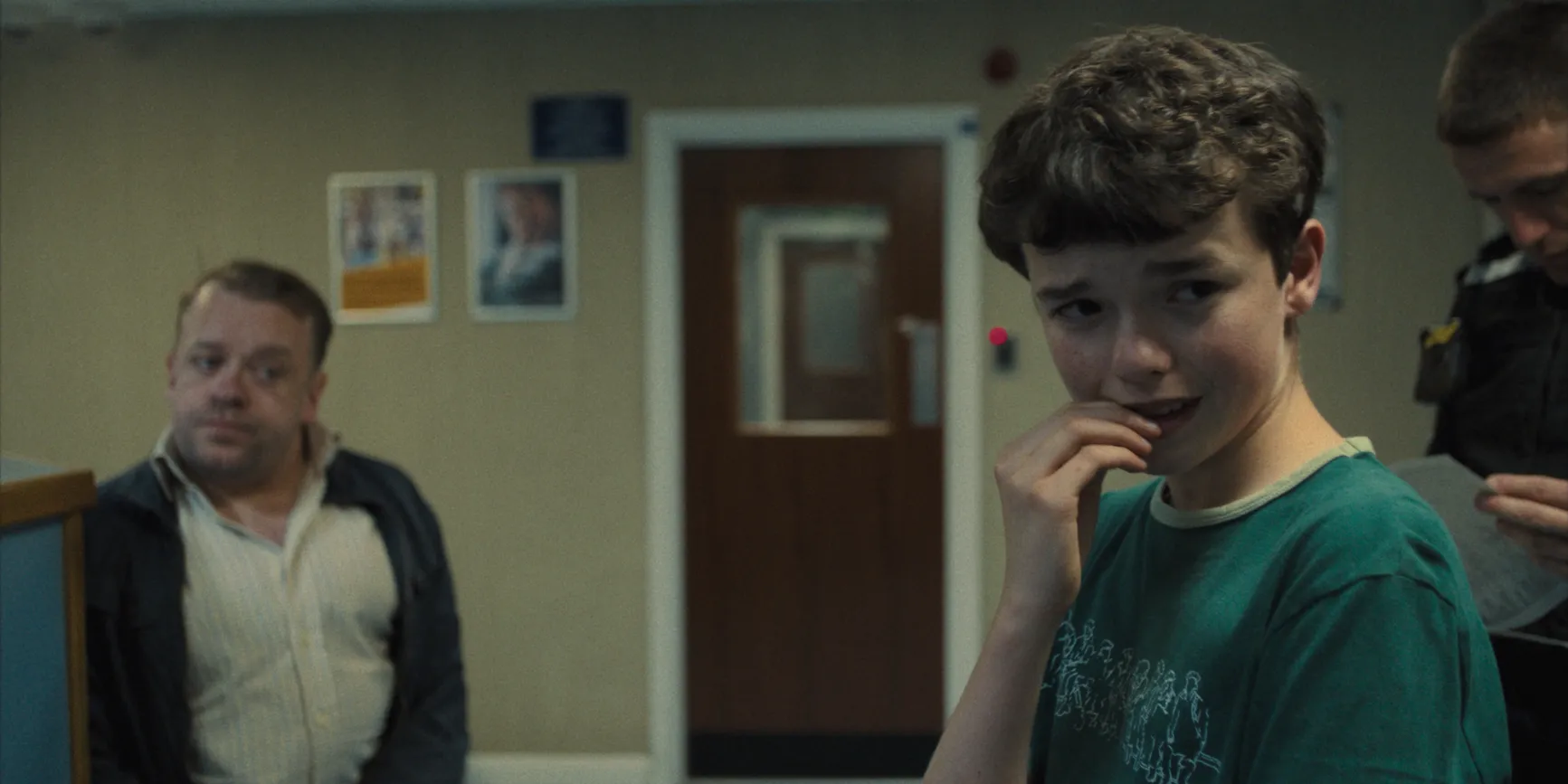
Within two weeks of being released, Adolescence had enjoyed 66 million global views.
Netflix’s Adolescence is sparking polarized reaction across the political spectrum. It is one of the highest-rated dramas in the country, receiving rave reviews from The New York Times, The Guardian, and The Independent. Creators Jack Thorne and Stephen Graham make clear that toxic masculinity and incel culture is the primary cause of violence against women. Labour MP Anneliese Midgley has thus urged in parliament that the series be screened in schools, with PM Keir Starmer supporting this move, telling BBC Radio 5, “a lot of people who work with young people at school or elsewhere recognise that we may have a problem with boys and young men that we need to address”.
Innumerable right-wing commentators, including Ian Miles Cheong, argue the bleeding obvious in that the series does not address knife crime. Although, while filming, Stephen Graham was aware of the murder of Elianne Andam by Hassan Sentamu, he told the Radio Times that Adolescence was inspired by the phenomenon of knife crimes, including Brianna Ghey, rather than focusing on one incident. By design, it doesn’t have the answers that its critics, or even its champions, demand.
Enjoy independent, ad-free journalism - delivered to your inbox each week
Set in a working-class suburb, the show follows the arrest of 13-year-old Jamie Walker (Owen Cooper) accused of murdering his classmate, Katie Leonard. This comes as a shock to everyone, from his father Eddie to audiences en masse. Jamie doesn’t fit the mold of someone who might be most likely to commit a crime.
From the 80-20 rule (the manosphere’s version of the Pareto principle) to the scoffing of Andrew Tate, the creators could barely be less subtle about where they are willing and unwilling to go. Adolescence strives to tackle questions of fatherhood and boyhood from a clinical lens, but approaches the increasing authoritarianism of Britain’s police state and the floundering education system with ambiguity. The government believes that showing the series in schools will remedy the country’s deteriorating gender relations, and, already, there are factsheets distributed by “safety groups” scaremongering about “red-pilling” and “looksmaxxing”.
Adolescence strives to tackle questions of fatherhood and boyhood from a clinical lens, but approaches the increasing authoritarianism of Britain’s police state and the floundering education system with ambiguity. The government believes that showing the series in schools will remedy the country’s deteriorating gender relations, and, already, there are factsheets distributed by “safety groups” scaremongering about “red-pilling” and “looksmaxxing”.
In interviews, Thorne has anticipated questions surrounding entrenched cultural problems, instead focusing on supporting a widespread social media ban for under 16s. But there’s an answer that seems underappreciated, which is that families need to be better at raising their kids, especially in light of 91% owning one by the age of 11. The final episode sees Jamie’s parents contemplating how they raised him and their failure to find him an appropriate outlet, such as joining a sports team. Instead, their complacency got ahead of them in assuming that their son was safe in the privacy of his own room with unlimited access to social media. Pervasive governmental authoritarianism in this domain is not the answer. Only the “little platoons” that Edmund Burke once described should make the decisions for their children.

In Adolescence, 13-year-old Jamie’s arrest for murder challenges views on toxic masculinity, parenting, and societal issues, sparking widespread debate.
Adolescence has many merits. It is a visual achievement, with each episode filmed in a single tracking shot by director Phillip Barantini (most famous for shooting Boiling Point with the same approach) that captures character distress and the possibilities of how these murders are insulated. When detectives visit the school, the camera illuminates the depressing environment in which these children are subjugated; most notably bullying and death by smartphone. There are also sterling performances, especially from Owen Cooper as the protagonist; his first appearance.
An infinite number of British news stories present the country as more broken than ever. Its political leadership feels emptier, with the working class disappearing and the middle class suffering a strange death. Increased atomization and loneliness across the board is thus the fertile ground for audiences engaged with the show to satisfy their own biases. Adolescence paves steps towards solutions but is far from all encompassing.

Comments (0)
Only supporting or founding members can comment on our articles.